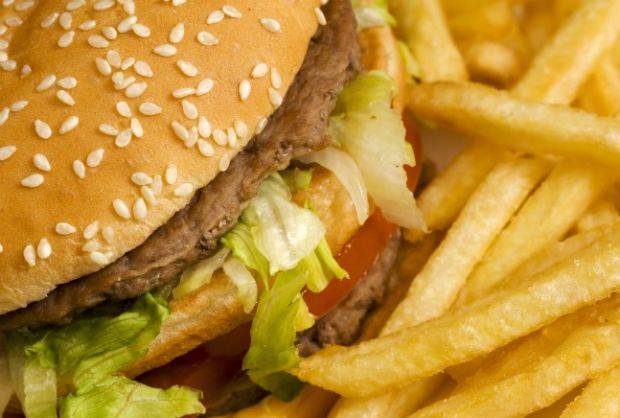 New Health Guide
New Health Guide
High blood pressure or hypertension is a medical condition in which the blood continues to put more force on the walls of your arteries. The excess pressure can cause health problems over time. Your blood pressure is the combination of the amount of resistance to blood flow in the arteries and the total amount of blood your heart pumps throughout the body. Your blood pressure will be on the higher side if your heart pumps more blood and your arteries are narrow. There are steps to take to lower your risk of developing hypertension, but many people believe they cannot do much because hypertension runs in the family. Is it really so? Let's find out more.

The truth is that high blood pressure can be hereditary considering the fact that family members share behaviors, genes, environments, and lifestyles that make them more susceptible to developing hypertension. Experts believe that genetics have a role to play in the development of hypertension, and the risk increases even more when heredity combines with some unhealthy lifestyle choices, such as eating unbalanced diet and smoking cigarettes.
However, it is also true that you cannot control certain factors that increase your risk for high blood pressure. For instance:
Your risk of developing high blood pressure increases also with some environmental factors – such as obesity, smoking, or lack of exercise. Is high blood pressure hereditary? Many studies have helped answer this question to some extent and found that there are 29 genetic variations across 28 regions of the genome that increase your risk of developing hypertension. Researchers are conducting new studies though to help identify genes that affect your blood pressure.
Is high blood pressure hereditary? There is some evidence that it is. However, hypertension is generally a combination of several factors working together. Some risk factors include:
 Sedentary Lifestyle: Your circulatory system becomes affected depending on how active you are. An inactive lifestyle puts you at a higher risk of developing heart disease, hypertension, stroke, and blood vessel disease. Besides, you are more likely to become obese due to a sedentary lifestyle.
Sedentary Lifestyle: Your circulatory system becomes affected depending on how active you are. An inactive lifestyle puts you at a higher risk of developing heart disease, hypertension, stroke, and blood vessel disease. Besides, you are more likely to become obese due to a sedentary lifestyle. Poor Diet: You need to stick to healthy eating habits and eliminate anything that is high in fats, calories, and sugars. High salt intake may also increase your risk for hypertension, but some people are more salt sensitive and get affected easily with a high salt diet. Excess salt intake leads to water retention that can put excessive burden on the heart.
Poor Diet: You need to stick to healthy eating habits and eliminate anything that is high in fats, calories, and sugars. High salt intake may also increase your risk for hypertension, but some people are more salt sensitive and get affected easily with a high salt diet. Excess salt intake leads to water retention that can put excessive burden on the heart. Excess Alcohol: Heavy use of alcohol increases your risk for hypertension dramatically. You may also have to deal with issues such as stroke, heart failure, and irregular heartbeats. Drinking too much alcohol may also increase your triglycerides levels and increase risk for alcoholism, obesity, and cancer. Avoid alcohol if possible but at least try to drink in moderation. Men should not have more than two drinks a day, whereas women should limit it to one drink per day. One drink equals a 4oz glass of wine, a 12oz beer, 1oz of hard liquor and 1.5oz of 80-proof liquor.
Excess Alcohol: Heavy use of alcohol increases your risk for hypertension dramatically. You may also have to deal with issues such as stroke, heart failure, and irregular heartbeats. Drinking too much alcohol may also increase your triglycerides levels and increase risk for alcoholism, obesity, and cancer. Avoid alcohol if possible but at least try to drink in moderation. Men should not have more than two drinks a day, whereas women should limit it to one drink per day. One drink equals a 4oz glass of wine, a 12oz beer, 1oz of hard liquor and 1.5oz of 80-proof liquor. Smoking: Both smoking and being exposed to second-hand smoke increases your risk of having hypertension and damaged arteries. You increase your risk even more when you have other risk factors and smoke as well.
Smoking: Both smoking and being exposed to second-hand smoke increases your risk of having hypertension and damaged arteries. You increase your risk even more when you have other risk factors and smoke as well.